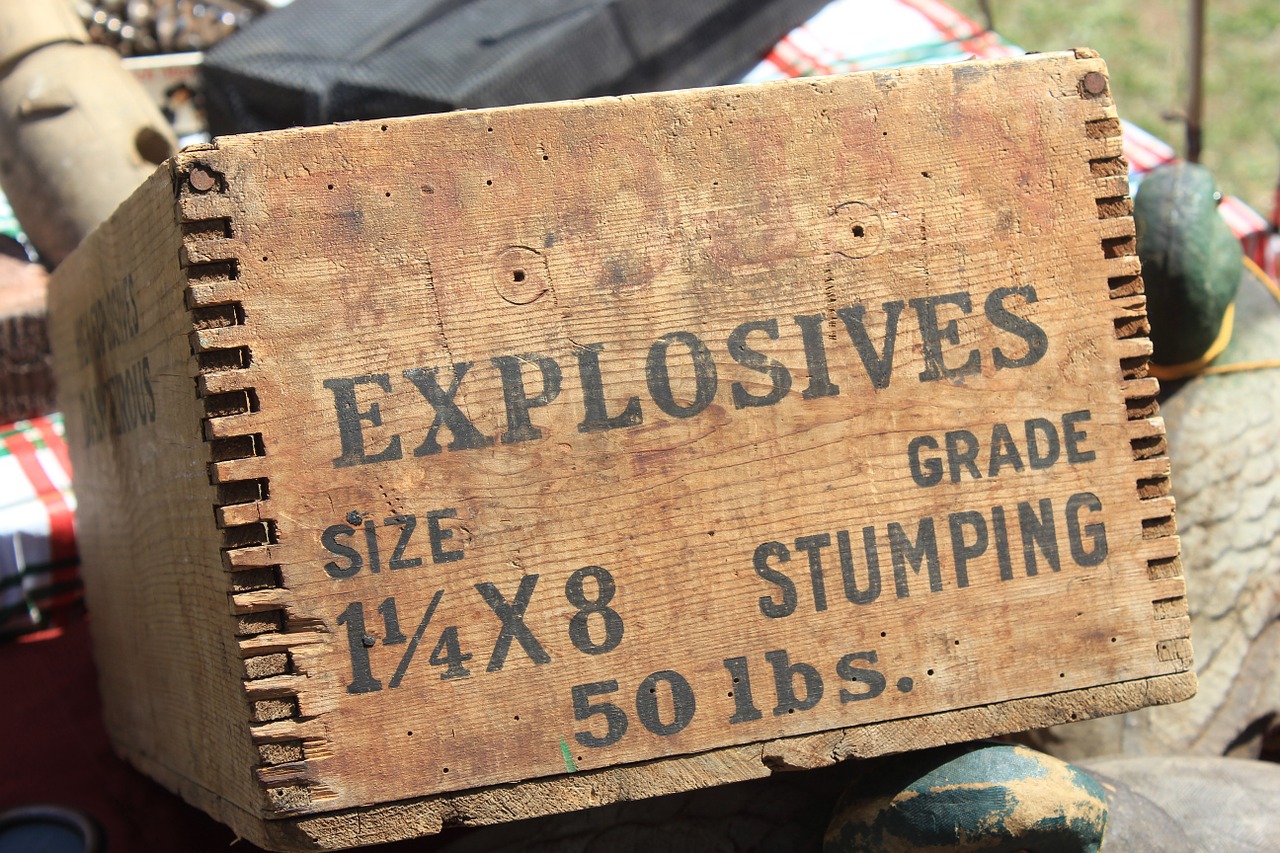Man’s ‘experiments’ with explosives were lawful, UK Supreme Court rules

A man who manufactured high explosives at home and triggered blasts remotely has been cleared of the most serious charges by the supreme court after pleading that it was for his “personal experimentation” and “private education”.
The narrow 3-2 majority by judges on the UK’s highest court sets a significant precedent that may surprise counter-terrorism police who regularly investigate homegrown bomb plots.
Chez Copeland, 22, who has been diagnosed with autism and lives in Coventry with his mother, has already spent 22 months on remand in prison. He was released last week after pleading guilty at Birmingham crown court to separate charges of owning a stun gun and acquiring an explosive without a certificate.
Copeland had been arrested in April 2018 after purchasing chemicals online. He claimed that he had developed an obsessive interest in bomb disposal skills after watching the film The Hurt Locker. The movie follows a US bomb disposal team in Iraq. Copeland told officers he wanted to understand how explosives worked and to experiment with them.
The supreme court case focused on a specific clause, section 4 (1), in the 1883 Explosive Substances Act, which says that anyone who makes or has in their possession explosive substances is liable to prosecution unless they can show that it was “for a lawful object”. The maximum sentence is life imprisonment.
The court had to consider whether “for the purposes of section 4(1) can personal experimentation or own private education, absent some ulterior unlawful purpose, be regarded as a lawful object?”
Copeland, the judgment said, purchased chemicals online, made explosives and detonated them remotely in his back garden by means of a mobile phone signal. He had also manufactured Hexamethylene Triperoxide Diamine (HMTD) which is a “sensitive primary high explosive that can easily be detonated”.
Delivering their majority judgment, three supreme court justices, Lord Reed, the court president, Lord Carnwath and Lord Sales, said that for his defence, Copeland “only had to establish that he proposed using the HMTD in his possession for the lawful objects of experimentation and self-education”.
https://www.theguardian.com/law/2020/mar/11/mans-experiments-with-explosives-were-lawful-court-rules
Sign up for our weekly newsletter to stay up to date on our product, events featured blog, special offer and all of the exciting things that take place here at Legitquest.




Add a Comment